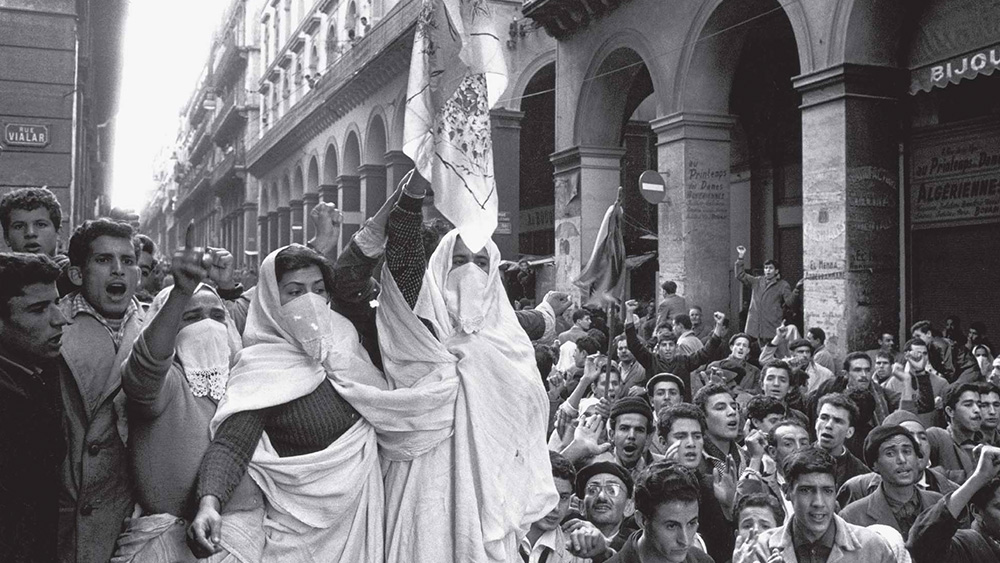Decolonization
After the Second World War, colonized peoples rose up and demanded independence. In a wave that swept across Africa, Asia, and Latin America, new nations rose as old empires fell. These classroom-ready lesson plans and teaching materials guide students through independence movements, post-colonial challenges, and decolonization’s connections to the Cold War and globalization.
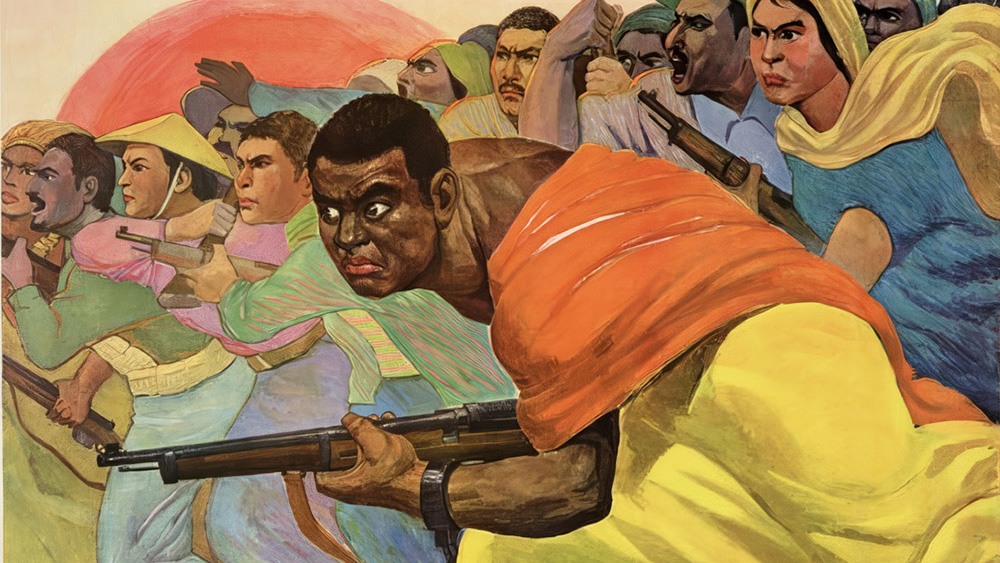
 How to Teach Decolonization
How to Teach Decolonization

Blog: The Paradox of Stolen Museum Objects
The recent Louvre heist raises a provocative question: should museums return artifacts they acquired through colonial means?

PD Event: Origin of Human Rights
Trace the evolution of human rights and consider how ideologies of liberation fit into their history.

Teachers Dive Into Decolonization with Case Studies
Think through which decolonization movements to focus on in your classroom with tips for a wide or deep approach.

Comparison
Use this guide to grow students’ comparison skills as they uncover similarities across decolonization and liberation movements.
Teach Tomorrow: Lessons on Decolonization
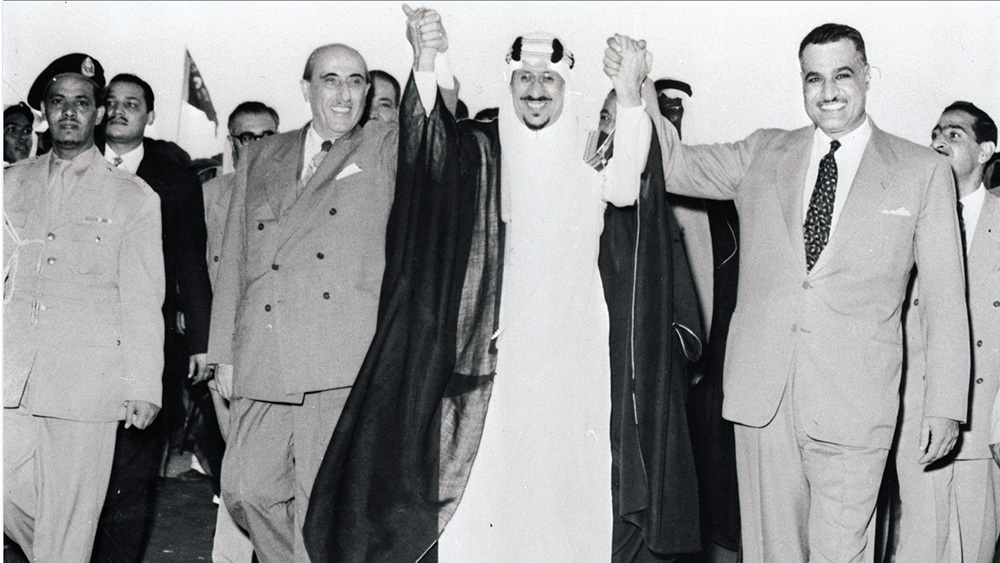
Lesson 8.5
Decolonization Around the World
Revolution and global pressure pushed massive changes forward after World War II. Hear powerful voices of decolonization often left out of the story, and develop a fuller view of the end of empire.
View Lesson
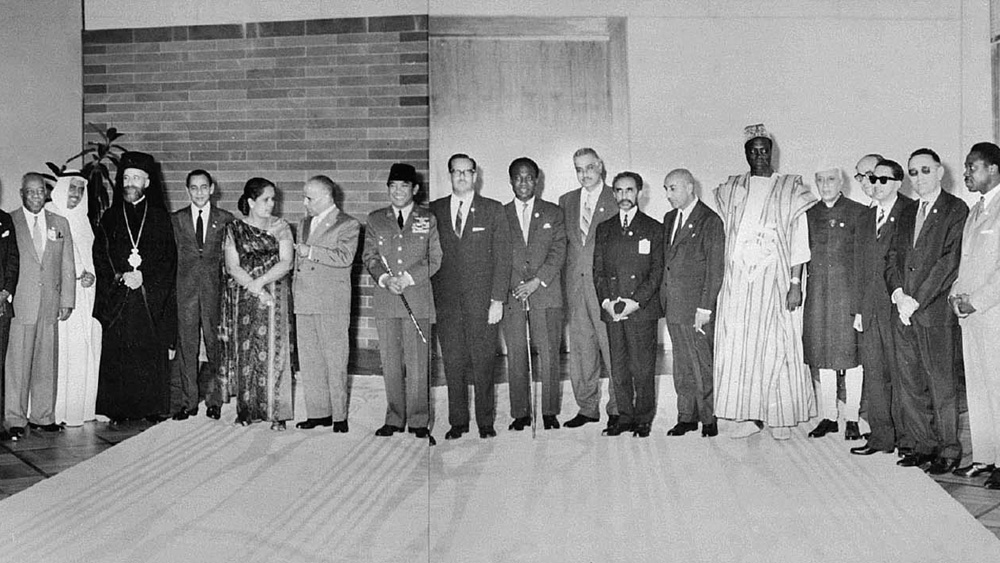
Lesson 8.7
Connecting Struggles for Liberation
As decolonization rocked old colonial strongholds, civil rights activists clashed with government forces in the US. This is the story of how local struggles connected with global movements.
View Lesson
Decolonization Activities and Resources
Making the Global Local: Comparing Decolonization in India, Vietnam, Nigeria, and Algeria
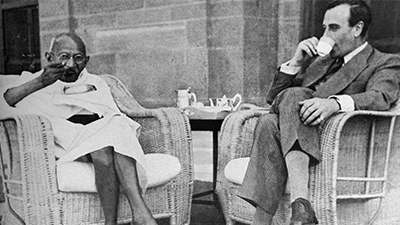
Article
Making the Global Local: Comparing Decolonization in India, Vietnam, Nigeria, and Algeria
The Cold War started as European colonialism was collapsing around the world. This article examines how the Cold War and decolonization collided in four countries.
Decolonization and the Cold War Thematic Map
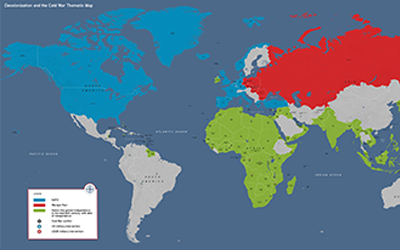
Visual Aid
Decolonization and the Cold War Thematic Map
A full-color thematic map of Decolonization and the Cold War in 1975 CE, meant to help you support, extend, and challenge the frame narratives.
Kwame Nkrumah
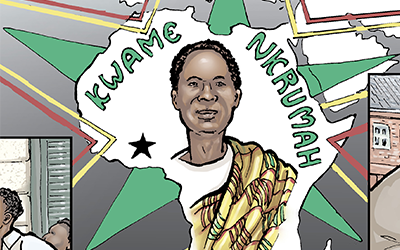
Closer
Kwame Nkrumah
Kwame Nkrumah was the first president of Ghana, which achieved independence in 1957. He used his position to advocate for decolonization more widely during the Cold War.
Resisting Colonialism: Through a Ghanaian Lens
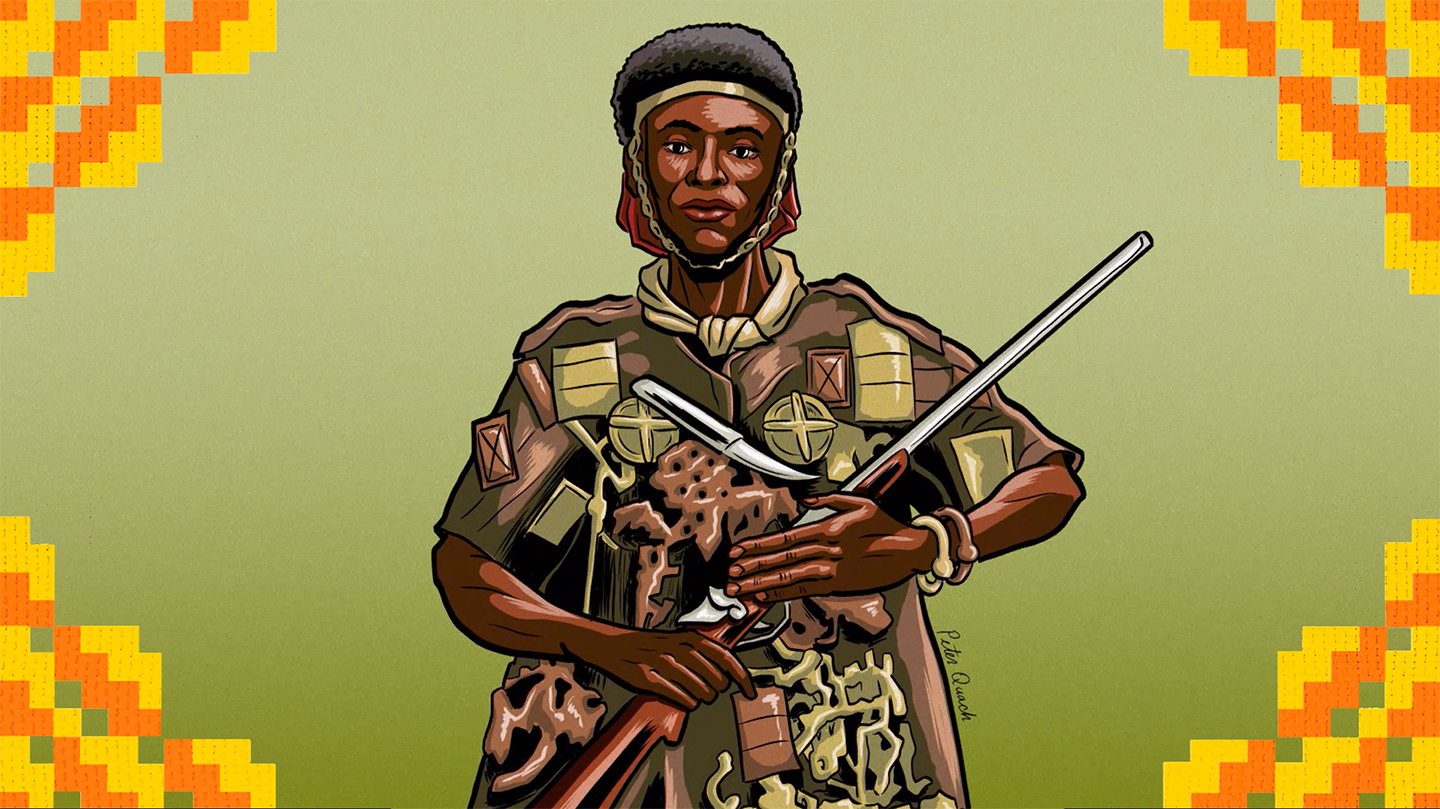
Video
Resisting Colonialism: Through a Ghanaian Lens
In this video, we look at some episodes of resistance from Ghana—the British Gold Coast Colony—under the leadership of Yaa Asantewaa and later Kwame Nkrumah.
Decolonization Around the World

Activity
Decolonization Around the World
Dozens of diverse nations emerged from decolonization. In this activity, you’ll compare five independence movements on two continents.
Decolonizing Women
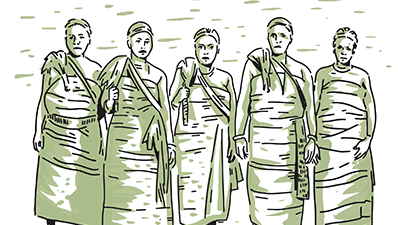
Article
Decolonizing Women
African women were crucial to the anticolonial struggle. They participated in boycotts and armed struggles, playing key roles that have often been overlooked.
Writing Assessments for Decolonization
Pre-Writing: Cold War and Decolonization

Assessment
Pre-Writing: Cold War and Decolonization
Get ready for writing by crafting a claim and gathering supporting evidence to decide how the Cold War and decolonization are intertwined.
DBQ Sources: The Cold War and Decolonization

Assessment
DBQ Sources: The Cold War and Decolonization
Analyze the documents to explore how Cold War rivalries influenced anticolonial movements and struggles for independence.
Writing: The Cold War and Decolonization

Assessment
Writing: The Cold War and Decolonization
Time to write! Demonstrate your understanding of the connections between the Cold War and decolonization.
